Medicine
December 1, 2012
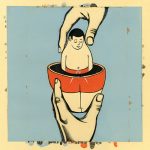
Fibbing on fat
When it comes to reporting whether we’ve lost or gained weight over the previous year, we may not be lying exactly but many of us are guilty of wishful thinking.
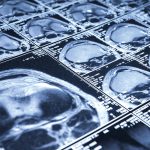
Better imaging
Lodespin Labs, a new company founded by UW researchers in the Department of Materials Science and Engineering with support from UW’s Center for Commercialization, may help solve a worrying problem in health care.
September 1, 2012
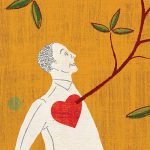
Hope for broken hearts
Cardiology researchers at the UW are engaged in exciting work to explore whether a patient’s own stem cells can foster the regeneration of damaged heart muscle.
June 1, 2012

A bridge to life
A backpack power supply runs the artificial heart Chris Marshall received from UW Medical Center.
March 1, 2012
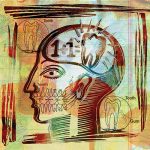
New wisdom on teeth
Dr. Greg Huang, Chairman of the UW Department of Orthodontics, says, that for those whose wisdom teeth are developing normally, a watchful waiting approach may be reasonable.
June 1, 2011

Risk factor
Sudden cardiac death affects about 1 in 43,000 NCAA athletes, according to a new UW study.
March 1, 2011
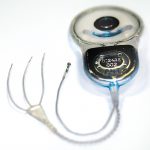
Surgery offers hope
University of Washington surgeons in October performed the world’s first surgical procedure to implant a device that could give hope to millions of people suffering from Ménière’s disease — an insidious, mysterious disorder.
December 1, 2010
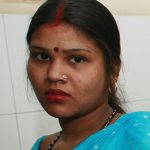
Medicine for the masses
Using business, medical and engineering smarts, UW alumni are solving medical problems in Washington and beyond.
September 1, 2010
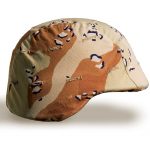
Damaging waves
A team of UW and Veterans Affairs researchers has gathered the first direct evidence that blast waves from roadside bombs can cause long-term changes in soldiers’ brains.
June 1, 2010
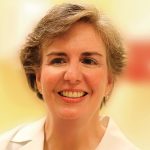
Birth of a field
Mary Hebert is head of the UW Obstetric-Fetal Pharmacology Research Unit, which recently received a $5 million grant to continue its work on the clinical pharmacology of medications during pregnancy.
March 1, 2010

Seeing red
Jay and Maureen Neitz, who joined the UW School of Medicine faculty in 2008, reported in the journal Nature that they had cured color-blindness in two squirrel monkeys using gene therapy.
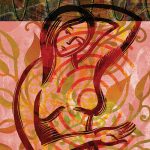
Breast cancer detection
An inexpensive, noninvasive test can accurately detect breast cancer in younger women, and has the potential to spare thousands from unnecessary surgeries and biopsies, according to new UW research.
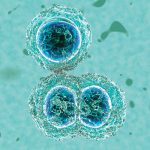
MRSA digs in
Dangerous antibiotic-resistant bacteria are gaining a foothold in the natural environment, suggests recent research from the UW School of Public Health.
December 1, 2009
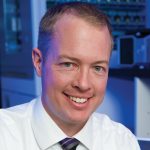
Turning to tech
Two University of Washington alums—Steve Singer, ’81, and Ryan Oftebro, ’95, ’03—are carrying on the School of Pharmacy’s tradition of pioneering innovations.
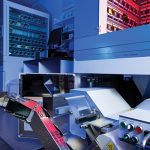
New prescription
The practice of pharmacy is changing these days, thanks in large part to the innovations developed by the University of Washington School of Pharmacy, a national leader in health-care research and in meeting the needs of the community.
September 1, 2009
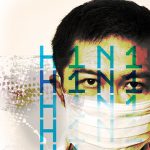
Responding to H1N1
When a new influenza virus, Influenza A H1N1, or “swine flu,” emerged last spring, Anne Marie Kimball, a professor of epidemiology and health services at UW School of Public Health, was on the front lines of the information response.
March 1, 2009
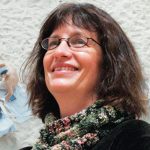
The healing arts
Last fall, the UW School of Medicine and the Henry Art Gallery teamed up to offer a new course to help medical students develop their diagnostic skills by visiting art museums.
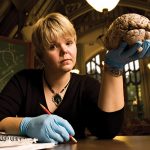
Knowing the enemy
A little more than 10 years ago, Kristin Swanson, a graduate student in applied mathematics at the UW, began work on an audacious project: an equation to model the growth and spread of brain tumors in individual patients.

Missing shots
Childhood vaccination rates are increasing, but not as quickly as many governments around the world have claimed. That's the conclusion of a new study by researchers at the UW Institute for Health Metrics and Evaluation (IHME).
June 1, 2007
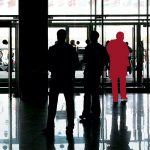
Bad blood
As many as 3 million Americans are carrying the hepatitis C virus — but most don’t even know it. The UW is trying to crack its code before more potential carriers get the bad news.